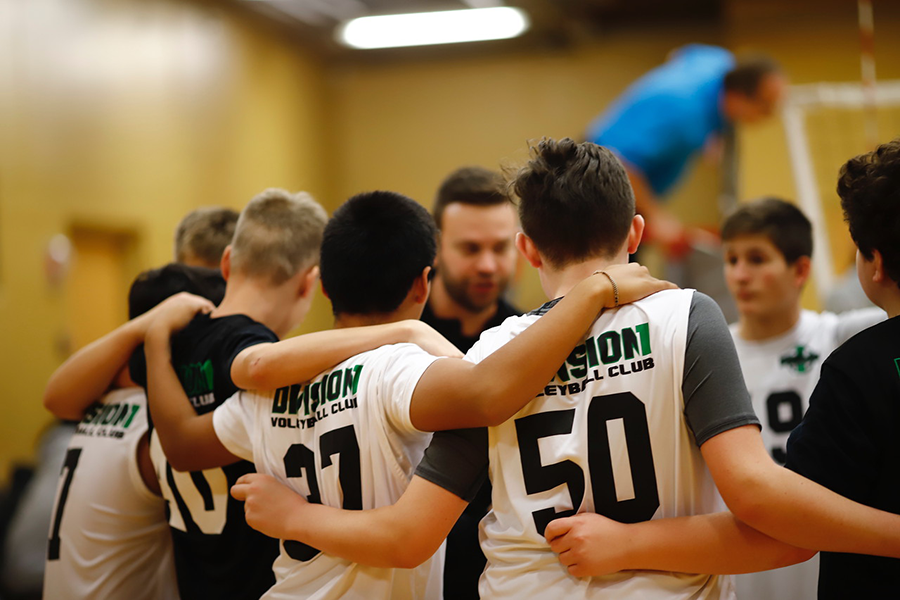“I keep telling them to… but they don’t want to listen!”
“I’ve been telling them that all season, and here it is again, when it counts, and they’re still doing the same thing.”
“I just have a team that does not want to listen! I keep telling them to do things and they aren’t doing it.”
We’ve all been here. These phrases, and all of their variations, are commonplace with each coach and each team year after year. Ultimately coaches end up settling for, “it will take time for them to understand.” While this sentiment can be true as we at least plant the seeds for our athletes to understand deeper concepts when they are further in their development, it does not have to always be where we settle. If we can identify how ‘ready’ our athletes are to change, we can meet them there and encourage development through more appropriate expectations.
When we consider how ‘ready’ our athletes are to change, we can utilize the widely popular transtheoretical model of behavior change (Norcross, Krebs, & Prochaska, 2011). The model consists of 6 stages with strategies in each stage that help 1) to reduce resistance to future change and challenges, 2) increase athlete participation, 3) reduce athlete dropout, and 4) increase athlete’s buy-in to overall team change.
The 6 stages of change within this model are:
- Pre-contemplation: the stage of change wherein the athlete has no intention to take action or make change.
- Contemplation: the stage of change wherein the athlete intends to change in the near future but does not yet know how.
- Preparation: the stage of change where the athlete intends to change soon, due to the creation of a plan in which to execute.
- Action: the stage in which the athlete executes their plan to change.
- Maintenance: the athlete has engaged in sustained action and is working to continue making appropriate actions to prevent a relapse
- Termination: Athletes have zero temptation and are sure they will not return to their old unhealthy habit as a way of coping.
Here are coaching strategies to implement within each stage:
1. Pre-contemplation
Create and maintain a relationship through empathy and rapport. Use reflective listening. If the athlete is reluctant to change, present evidence of the athlete’s behaviors. If there is a lack of belief that they cannot change, instill your belief in their ability to change through encouragement. If they give reasons for not changing, explore wider values, beliefs, and the impact of their…
Click Here to Read the Full Original Article at Junior Volleyball Association…

